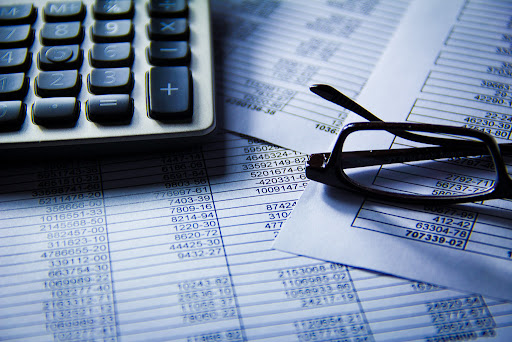The cost of living continues soaring with the economies of many countries teetering on the edge of a recession. Governments worldwide were slowly getting back to normal after the global COVID-19 pandemic, but the Russian invasion of Ukraine has put a spanner in the works and sent gas and power costs soaring. A lack of consumer confidence and reduced spending power are causing the rate of inflation to explode. More than ever, it is essential to have control your finances in order.
It does not matter if you earn the minimum wage and work 16 hours per week or are a high-flying manager taking home a six-figure salary each year; it is vitally important to live within your means and cut your cloth accordingly. That last sentence brings us to our first point.- Control Your Finances
Separate Your Wants From Your Needs
Most people like new things. Those things may be clothes, technology, vehicles, or trips to a fancy restaurant. While we enjoy these luxuries, you need to ask yourself do you need them, or do you just want them? For example, do you actually need a gas-guzzling Mercedes SUV as a second car if it is only used for taking the kids to and from school? Would a cheaper, smaller, more economical vehicle do the same job? Do you really need an extremely powerful computer with the latest processor and graphics cards if you usually use the machine to check your social media accounts and learn about the best sportsbook reviews online and not much else?
The media and society, in general, make us feel like we need the very best items in our lives. However, in reality, we do not need them but want them, and there is often a cheaper alternative that is more suitable to our actual needs.
Keep Track of Your Spending
People lead busy lives that do not leave much time for keeping track of their spending. This is especially true in today’s world, where were are inching closer to being a cashless society. Large, expensive purchases are easy to track, but what about an odd couple of bucks here and there?
Create a spreadsheet and log your expenditure each week or month. Split it into categories such as your rent or mortgage costs, power, and other essentials such as motoring costs. Now add things like subscriptions, takeaways, grocery shopping, and coffee shop purchases.
What you may find could surprise you because many small purchases add up over time. You may spend $4 per day on a take-out coffee on your way to work. Do this Monday to Friday, and that is $20 per week. Add that up over a 50-week working year, and you have spent $1,000 on coffee! Could you put that $1,000 to better use?
Consolidate Or Focus on Paying Off Debts

Credit card and unsecured loan repayments eat into your available funds and continue doing so until the day they are paid off. Such debt, often called short-term debt, is often expensive, with interest rates into double percentage figures. It may be worthwhile consolidating several credit cards or loans into one bigger loan.
Putting a little extra towards repaying credit card debt goes a long way. A $2,000 debt with an 18% interest rate would take you 24 years to pay off if you only made the minimum payment (which would be around $47 per month typically); you would pay back almost $4,600 during this time. By paying a fixed amount of $50 each month until the debt is repaid instead of the required minimum for its term, you would pay off that $2,000 in 4 years 11 months and repay less than $2,950.
Cancel Or Downgrade Your Services and Subscriptions- Control Your Finances
We are continually bombarded with services that require a subscription. From cable to Netflix, from magazines to Spotify. Is there any point in paying for the top-tier Netflix package when you basically never use Netflix on four screens simultaneously? Likewise, does hearing the occasional advertisement irk you so much that you must pay for Spotify Premium? Little savings add up over time.
Budget For Occasional Purchases
Many people have completely cut out the purchasing of luxuries because finances are tight. Some fail to realize that they need to budget for occasional purchases that crop up. An annual service on your car may set you back $200. Instead of waiting until the service to try to find $200, try putting saving $20 a month. This way, you have $240 saved up. You can apply this to anything, including visiting a hairdresser, revamping your workwear wardrobe, and birthday and Christmas gifts. It is often much easier and less stressful to find $10-$40 a month to save than worrying about finding $100-$400 later down the line.





